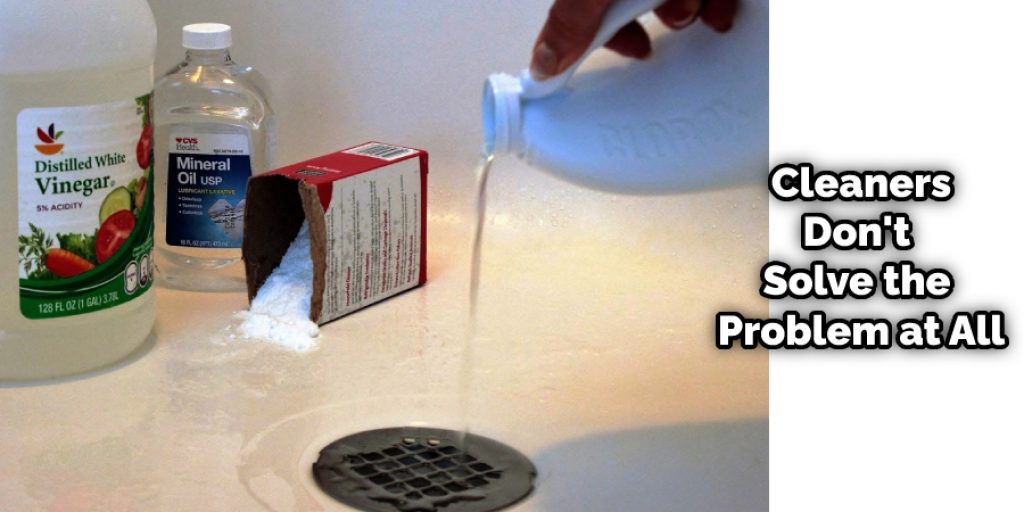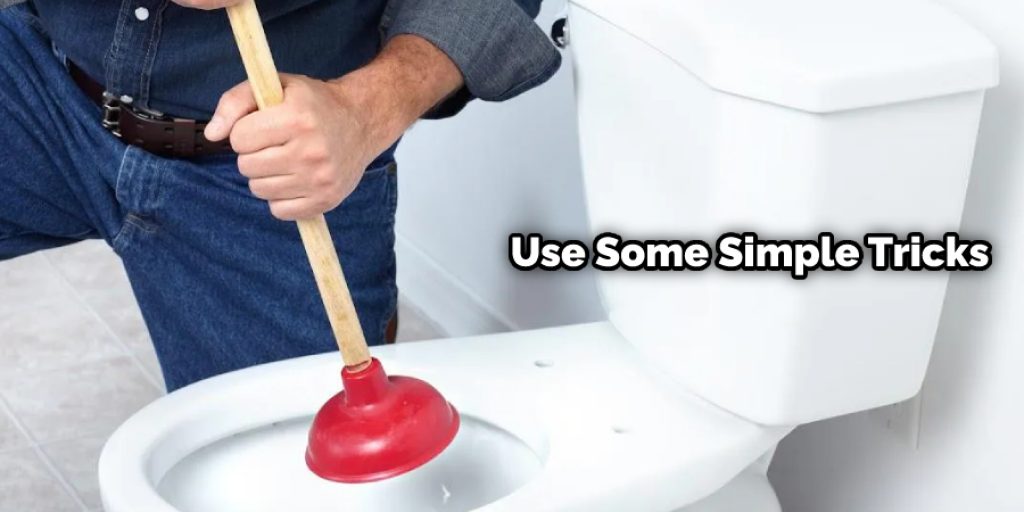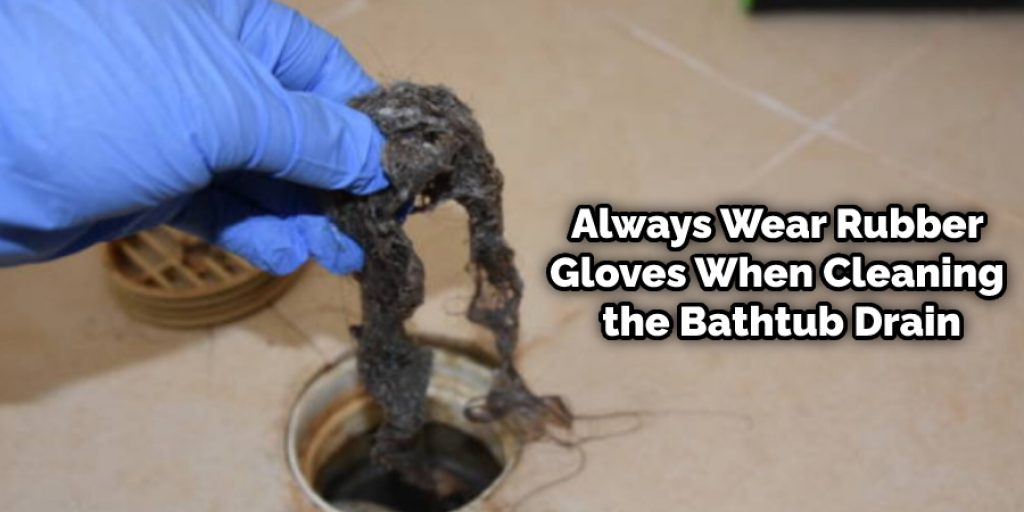How to Get Rid of Smelly Drains in Bathroom
How to Get Rid of Smelly Drains in Bathroom
November 23, 2021 0
Introduction:
Bathroom drains are a common problem for homeowners. They get clogged with hair, soap scum, and other debris that can cause the smell of mold or mildew to appear in your bathroom. If you have this issue, it is essential to know how to clean the pipes, so they don't smell anymore. Fortunately, there are ways on how to do just that! This article will discuss how to get rid of smelly drains in the bathroom. We'll start by discussing what causes these smells in the first place and what sort of things contribute towards making them worse. So let us get started.

What Causes Odors in Drains?
A variety of factors can cause smelly drains in the bathroom. Food particles and grime that accumulate in the drain trap or at the opening where the sink meets the wall provide an ideal environment for bacteria to grow. Hair, soap scum, and toothpaste encrustations add to the mix and create foul-smelling odors.
A slow-running drain is also a potential source for smelly drains in the bathroom because standing water encourages bacterial growth. [1] To make matters worse, when somebody flushes a toilet, it sends back up through all of your drains (sinks, tubs, and bathrooms) and into your house's sewer system. When this happens, we often associate it with our toilets, but this water constantly backs up into your sinks and tubs, creating the same environment in them as it did in the bathroom.
A clogged drain is also the usual culprit for smelly drains. Hair, soap scum, and toothpaste encrustations create a perfect home for the growth of bacteria that make your drains smell like sewage. These types of problems are usually noticed when people clean their bathtubs or sinks. Unfortunately, when they pull off the stopper or drain screen, all kinds of stuff comes out with it, including mounds of hair! If you're lucky, it will be only hair, but more likely, there will still be some dirty water left behind, which has become tinted by whatever was growing inside.
When smelly drains are noticed, people often assume a clogged drain causes it and reach for the chemical drain cleaner. But, unfortunately, these cleaners don't solve the problem at all, and they create new problems:

Chemicals used in some cleaners can corrode metal pipes and cause them to leak dangerous chemicals into your drinking water or soil where you grow your food. [2] Some of these chemicals, such as nitrates and phosphates, enter waterways causing environmental damage such as algal blooms, spreading disease among plants and animals.
The odor from chemical drain cleaners does not go away but has to be covered up with another order like ammonia or bleach; then, we get that awful mix of smells that we associate with a bathroom.
Iron rust and manganese deposits can also cause foul smells in drains. This is because chlorine, which we all use to disinfect our drinking water, will evaporate, leaving behind any minerals present in the water, such as iron and manganese. Over time these minerals stain drainpipes and accumulate on the insides of pipes, turning them black or orange and giving off that familiar sewer smell.
A smelly sink drain is usually caused by an accumulation of organic matter such as food particles, soap scum, and hair (gross!). When this sinks your drain and builds upon the sides of the P-trap below your sink, it creates an excellent environment for bacteria to grow, especially if there's standing water.
This bacteria will emit an unpleasant smell associated with toilets but can be present in any drain. Another reason for smelly drains under sinks could be a leaking pipe or seal; this causes the same problem as dirty drainpipes because it allows organic matter to seep into your system.
You Can Check It Out to Stop Drains Smelling
A Detailed Stepwise Guide on How to Get Rid of Smelly Drains in Bathroom:
There are many ways to get rid of bathroom smells that include using air fresheners, scented candles, bleaching the drains, and much more. But nothing seems to work for a more extended period. However, if you use some simple tricks, you can quickly get rid of the odor emanating from your drainpipes. Here are steps on how to do it:

- First, pour ½ cup or 1 tbsp baking soda down the drain before you start running the water to remove soap scum and other residues that accumulate at the bottom of your sink. Make sure that you let this mixture sit for about ½ hour before wiping it off with the help of a cloth or sponge.
- Now, pour ½ cup of white vinegar down the drain. Please keep it for about 30 minutes and then rinse with lots of boiling water.
- This method also works well whenever you have clogged drains due to hair buildup. Just make a concoction by adding baking soda, salt, and enough liquid soap into boiling water already in your sink. Let this solution sit for about ¼ hour before pouring it down the drainpipe.
- If your drainpipe still emits foul odors, then pour one tsp yeast down the drain followed by ½ tsp dishwashing liquid mixed in ½ cup of boiling water. After 5 minutes, flush out this mixture with cold water, which should help neutralize any odor emanating from the pipes by trapping sulfurous gases under its layer.
- A tea bag can also eliminate bathroom smells, mainly if the drainpipe emits a nasty smell due to a greasy buildup. Just remove the tea leaves from the pack and tie them into a knot before placing them down your drainpipe for about 20 minutes. After that, rinse your drain with cold water. This method will help eliminate any odor by absorbing it thanks to their tannic acid content, which helps kill off the bacteria that feed on grease, thus preventing further accumulation in your bathroom or kitchen sink.
- You can use kitty litter when there is no water in your sink so that you can pour it down to absorb any waste left behind. Let this sit for about 5 minutes before flushing it with water.
- Another way of getting rid of bathroom smell is by pouring a cup or more baking soda down your drain followed by ½ cup of white vinegar. Now run the water to allow this mixture to sit for about 30 minutes before rinsing with boiling water. Thanks to its essential nature, this method will help get rid of any foul order by neutralizing it.
- If you want to avoid harsh chemicals, then you can use vanilla extract or lemon juice instead because both are acidic and can thus break up any grease that accumulates in the pipes, thereby eliminating foul odors emanating from your drainpipes. Just pour 2 tbsp of pure vanilla extract down your drain, followed by a cup of boiling water. Now, please wait for 5 minutes before flushing it out with lots of cold water.
- You can also pour ½ cup or more baking soda down the drainpipe and then follow this up by adding ¼ cup vinegar to make a bubbling solution that will help break up any grease clogging your pipes. Then, after 10 minutes, rinse it out with lots of hot water.
Precautions While Performing How to Get Rid of Smelly Drains in Bathroom:
The primary cause of bad smell in the bathroom is hair buildup. Locate the drain to clean it.
Don't use sharp, pointed tools inside drain pipes because they can damage the pipes and enlarge holes to accumulate dirt further.
Don't pour harsh chemicals like Draino or Liquid Plumber into drains that corrode metal pipes over time.
Always wear rubber gloves when cleaning the bathtub drain. It prevents contamination from toxic substances and bacteria during the cleaning process.

Ensure that plumber has been called if your home is connected with a copper and PVC piping system and drains are clogged or not working correctly; otherwise, you may face some more problems later on, so always call a professional plumber.
Conclusion:
These are just some simple ways on how to get rid of smelly drains in bathroom using natural ingredients that anyone can easily find in their kitchen pantry. So there is no need to purchase expensive odor removers from the market as you can do it all by yourself and are much cheaper than store-bought chemical products that merely mask but do not eliminate foul odors. Thank you and have a nice day!
How to Get Rid of Smelly Drains in Bathroom
Source: https://diyquickly.com/how-to-get-rid-of-smelly-drains-in-bathroom/